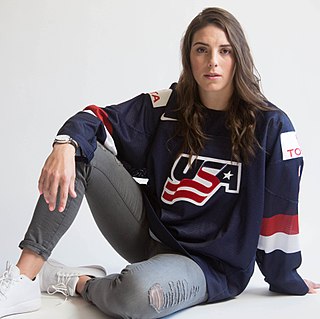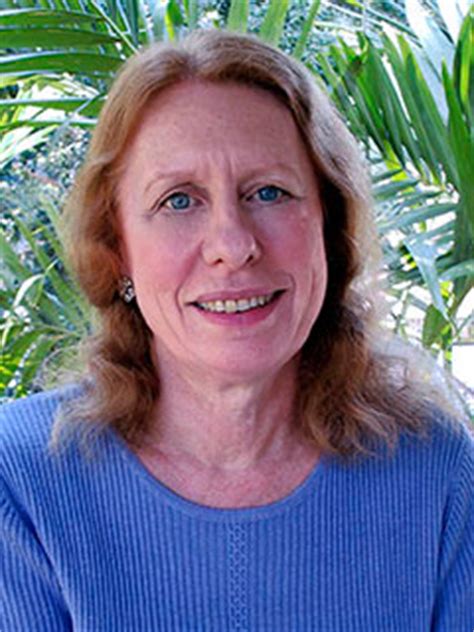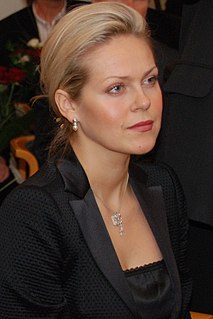A Quote by Helene D. Gayle
When I want to explain why empowering girls and women is critical to fighting poverty, I often tell a person's story. It's easier to relate to a personal story than to global data telling us that the majority of the billion people who live on less than $2 per day are women and girls. We are often told to never treat a person like a statistic.
Related Quotes
There is nothing gutsier to me than a person announcing that their story is one that deserves to be told, especially if that person is a woman. As hard as we have worked and as far as we have come, there are still so many forces conspiring to tell women that our concerns are petty, our opinions aren’t needed, that we lack the gravitas necessary for our stories to matter. That personal writing by women is no more than an exercise in vanity and that we should appreciate this new world for women, sit down, and shut up.
I come here today as a Christian, a person of faith who believes we've all been called to serve our fellow men and women and to honor God's creation. We want our girls to know right from wrong, to always tell the truth, to treat people no matter who they are with dignity and respect, no matter how different they may seem...because we want our girls to know we are all God's children and there's so much more that unites than divides us.
A poison can hardly be called safe if for some reason specific to me it's ineffective against, say, my body. But the power of story on the human mind is such that anecdote is often more persuasive than numbers. That's why news stories often concretize the impact of a change in government policy by following the story of one person.
There's only one thing worse than not paying attention to girls in gangs - it's paying attention to girls in gangs. The public reaction to girls and women who engage in nontraditional behavior - the hysteria that often surrounds girls in these groups - is almost as interesting as the behavior itself.
So often with beginning writers, the story that they want to start with is the most important story of their life - my molestation, my this, my horrible drug addiction - they want to tell that most important story, and they don't have the skills to tell it yet, so it ends up becoming a comedy. A powerful story told poorly becomes funny, it just makes people laugh behind their hands.
The Danger of a Single Story”, which has resonated with me immensely every time I read it. “Power is the ability not just to tell the story of another person, but to make it the definitive story of that person. The Palestinian poet Mourid Barghouti writes that if you want to dispossess a people, the simplest way to do it is to tell their story, and to start with, “secondly.
So let us be clear about this up front: We hope to recruit you to join an incipient movement to emancipate women and fight global poverty by unlocking women's power as economic catalysts. That is the process under way - not a drama of victimization but of empowerment, the kind that transforms bubbly teenage girls from brothel slaves into successful businesswomen. This is a story of transformation. It is change that is already taking place, and change that can accelerate if you'll just open your heart and join in.
In many developing countries, girls don't go to school. They stay home. They are at the water wells, bringing water back and forth to the village. Or they are doing chores, preparing meals, farming. Some cultures think girls and women shouldn't be educated, and those are very often the places where the treatment of women and girls is the worst.






































